RSCD: Core Intervention
Women in Commons Governance project: "SEE THE CLIMATE POWER THROUGH WOMEN'S EYES"
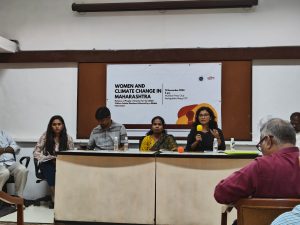
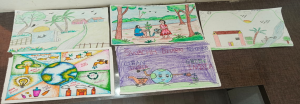
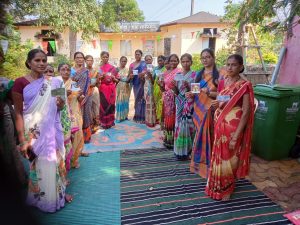
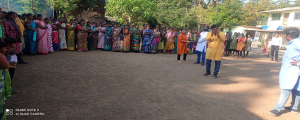
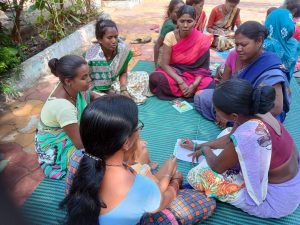
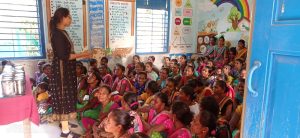
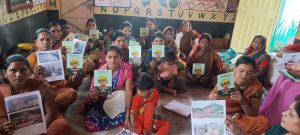
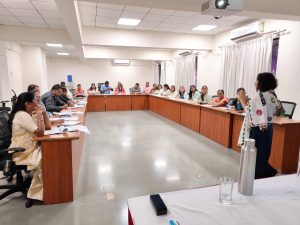

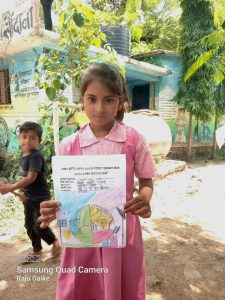
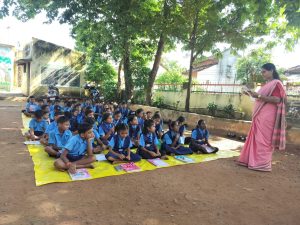
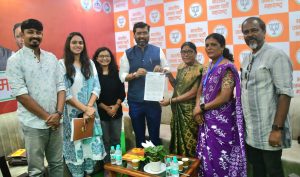
Gaav Samvaad is an initiative of Asar Social Impact Advisors and RSCD.250 such samvads were conducted by a team of 10 fellows and 50 paryavaran sakhis across 50 villages in 10 districts of the state (Pune, Chandrapur, Gadchiroli, Nandurbar, Osmanabad, Palghar, Ratnagiri, Jalgaon, Nagpur, Beed).
First, these 10 fellows underwent a series of training sessions on the issue of Gender, Climate and Leadership. The primary objective of these dialogues was to have live dialogue about village – centred Climate Gender Status in order to learn the local language of these topics with five different types of groups in the villages with whom a focus group each was conducted.
This includes Senior citizens, Youths, Women, Members of Gram Panchayat, and representatives of deprived communities. After conducting pilot discussions in each district, a toolkit was prepared to capture these findings easily.
The toolkit consists of 9 Js which are useful in understanding the impact of climate change on people’s daily lives in an easy manner in the local context. They are जल (Water), जंगल (Forest), जमीन (Land), जैवविविधता(Biodiversity), जनावरे (Animals), ऊर्जा (Energy), जत्रा (Jatra), जनता (Peoples) and जपलेला वारसा (Heritage).
Based on this, villagers shared what they gained and what they have lost.
Most respondents across the 10 regions lamented the fact that agriculture is no longer seen as a viable livelihood by people due to unpredictable weather conditions. They associated the loss of natural farming methods with excessive use of chemical fertilizers and pesticides in farming. The soil is losing its fertility because of such practices and it has led to a reduction in farming income. Similarly, they mentioned how several traditional livelihoods such basket weaving, pottery etc which were done by indigenous communities are now near extinction as it is neither predictable nor economically viable.
WALL (Women as Local Legislators) Multilevel Training project with Commonwealth Local Governance forum
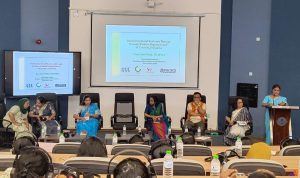
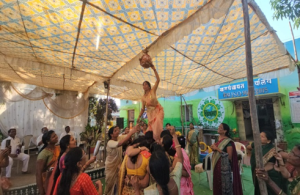
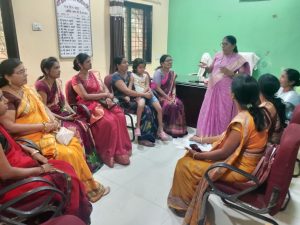
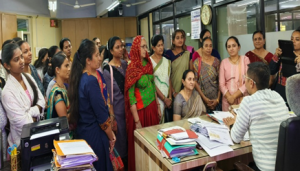
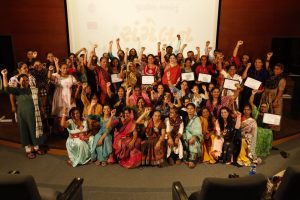
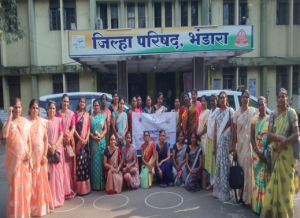
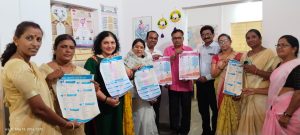
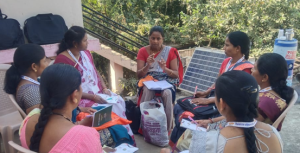
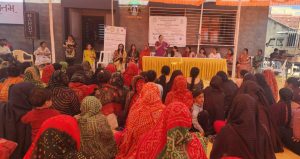

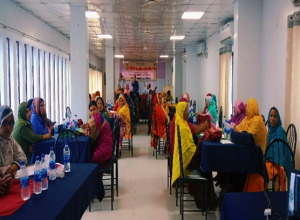
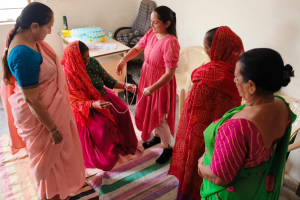
Building on grassroots insights and strong regional partnerships, our project is rolling out the WALL (Women in Local Leadership) training module across South Asia. Co-created by RSCD and CLGF, this gender-responsive module with 32 interactive lessons and 11 digital tools strengthens the leadership of elected women representatives (EWRs) in local governance.
From Maharashtra’s Gram-Shashini groups to Gujarat’s EWR associations and partners in Bangladesh, the initiative uses a bottom-up, context-driven approach to tackle real-world challenges and unlock the power of women in democracy.
Peer mentorship Research & Training at 24 Gram Panchayats from Amravati region with Boston University
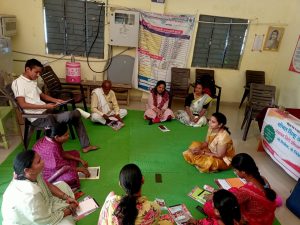
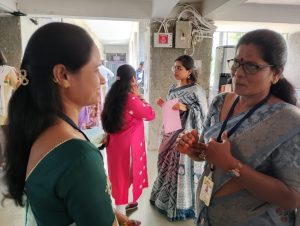
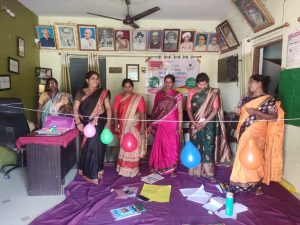
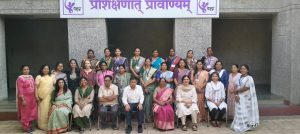
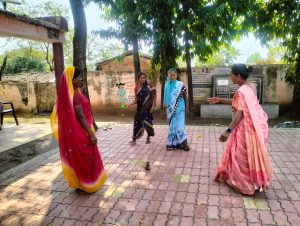
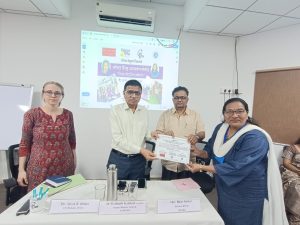
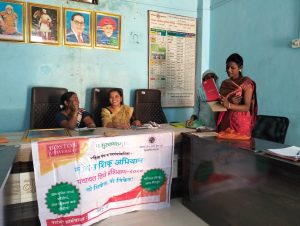
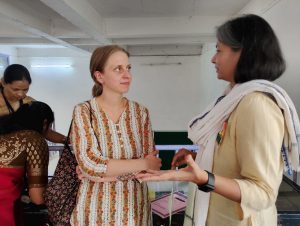
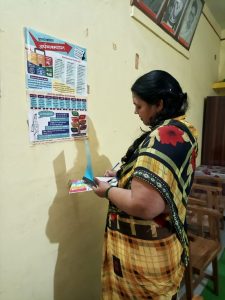
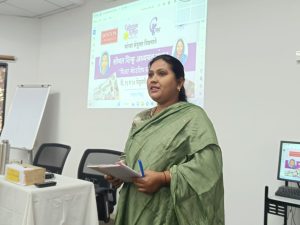
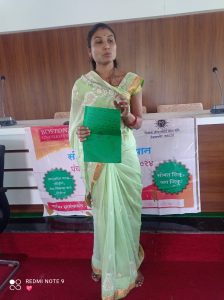
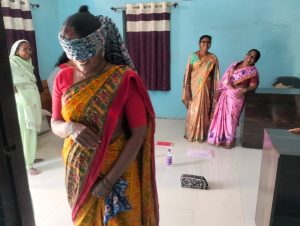
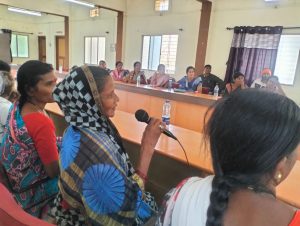
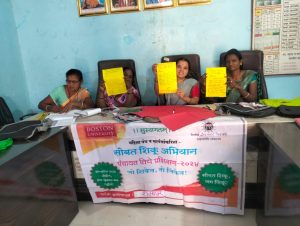
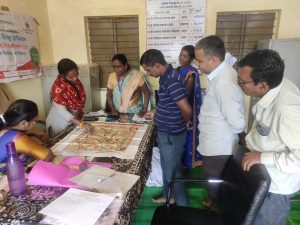
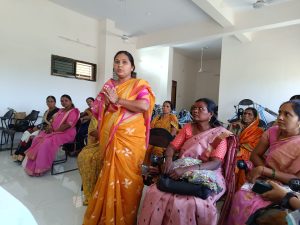
In collaboration with Boston University, this research explores how peer networks can strengthen the political agency of elected women. By comparing two innovative interventions I) women-only leadership groups and II) mixed-gender dialogues. we assess how solidarity, information-sharing, and inclusion impact women’s political confidence, decision-making power, and re-election prospects. Major Findings from a pilot study in Maharashtra revealed:
- A 20% increase in EWRs’ independent decision-making and citizen engagement.
- Women-only solidarity groups expanded networks and confidence, increasing thelikelihood of seeking support and reducing gender-based constraints.
- A strong demand for exposure visits and knowledge-sharing opportunities amongparticipants. One challenge noted was the mixed impact of including male allies in women’s solidaritygroups while some improvements were observed, the benefits were not always clear-cut.
Holistic Village Development in Tribal and Non Tribal Communities with Maharashtra Foundation, USA
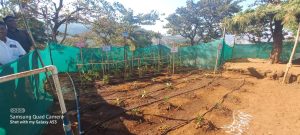
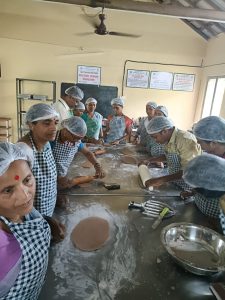
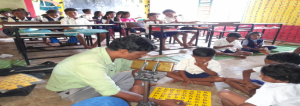
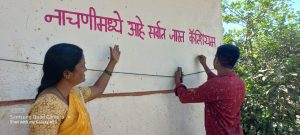
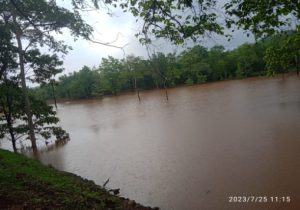
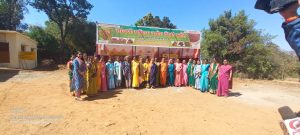
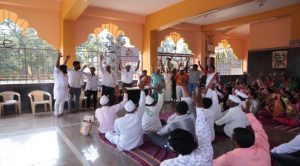
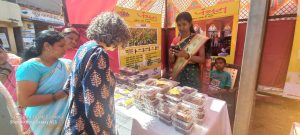
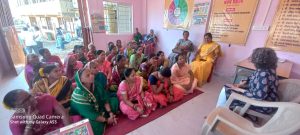
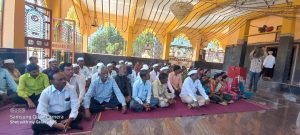
In collaboration with Maharashtra Foundation (MF), We had launched a unique, multi-dimensional initiative, Pancham, that holistically addresses five issue areas – education, healthcare, women’s empowerment, poverty reduction and environment protection – in two villages of Maharashtra that are Kusumbi village, Satara District & Mutnur Tribal village, Gadchiroli District.
Focused village development efforts are needed to bridge the gaps between village realities and 73rd constitutional amendment. Model strategies are needed to design & influence exisiting policies and to make panchayat more relevant and matching with the spirit of villagers towards the just & dignity based life. We established FPO (Agromillets Women Farmer Producer Company LTD.), Water ATM service, Smoke-free Stoves (Nirdhur Chulha/Chul), Village Resource Center under this initiatives.
Digital Governance for village Development : MAVIM & SECM
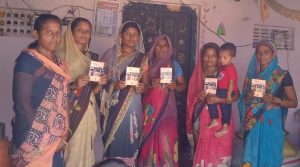
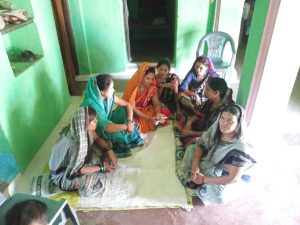
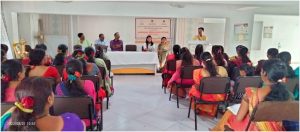
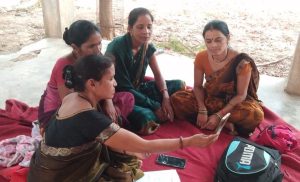
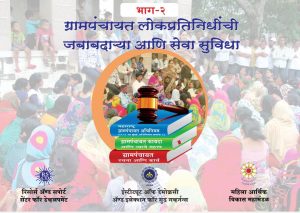
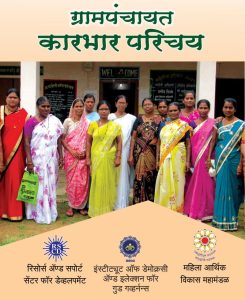
From Elections to Action: Digital Saksharta for Women Leaders
In 2021 -22 over 16,000 women stepped into leadership as Gram Panchayat members across Maharashtra. To support their journey, RSCD, MAVIM, IDEGG, and the State Election Commission launched “Panchayat Induction Trainings”, a dynamic program blending grassroots wisdom with digital literacy. Whether online or offline, in 500 vibrant batches, women learned how to navigate governance and digital tools alike. The result? A wave of confident women leaders ready to drive village development and lead with purpose in the digital age
Fellowship Program with IDEGG – SECM Project
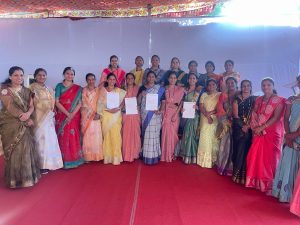
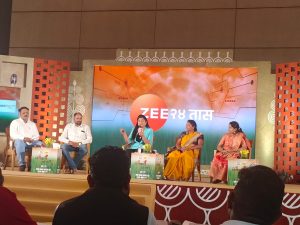
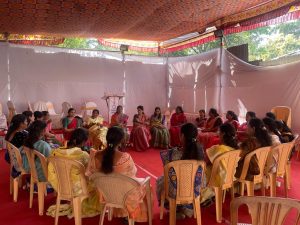
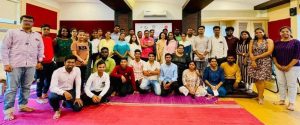
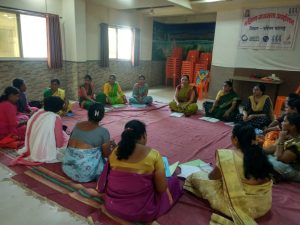
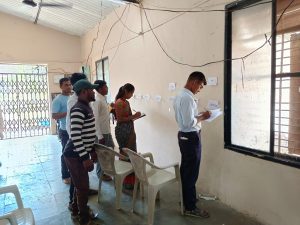
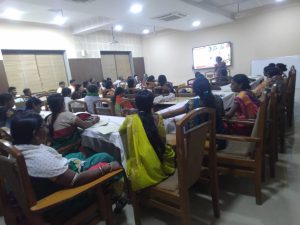
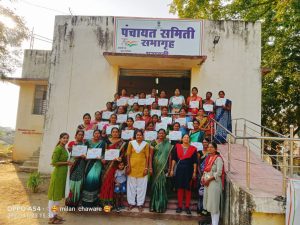
It was a significant achievement for members of RSCD to be selected for the Institute of Democracy and Election for Good Governance (IDEGG) Fellowship 2022-2023, spanning eleven months. The primary objective of this fellowship is to raise awareness among youths, women voters, and family members, encouraging their active participation in the voting process. Additionally, it aims to inspire maximum voter registration and promote awareness of the election process.
Through this fellowship program, we have successfully reached out to a total of 8,357 elected representatives, potential women leaders, and villagers from 14 districts of Maharashtra. Our efforts have focused on providing information, knowledge, and strategies to enhance the role of elected representatives in topics such as the importance of local self-government bodies and their elections, strengthening democracy, training and empowerment of representatives of local self-government bodies, voter awareness to increase registration and turnout, and the Local Self-Government Elections Act and Electoral Reforms.
TATA Mumbai Marathon 2023
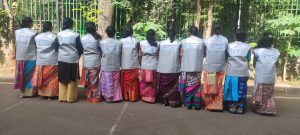
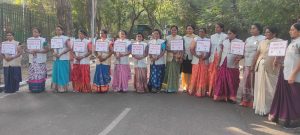
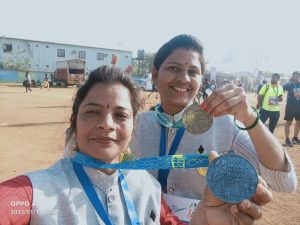
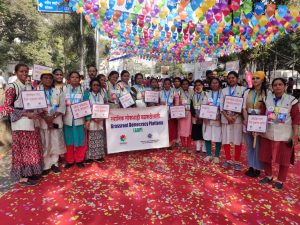
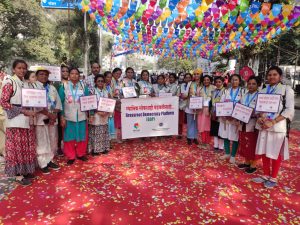
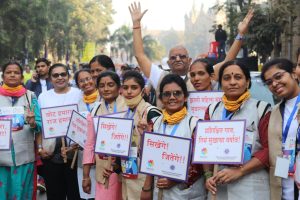
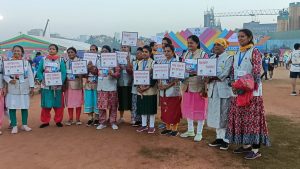
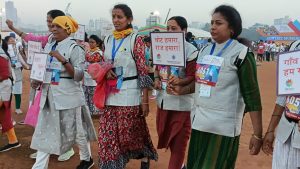
For the first time in the history of TMM, 20 women Sarpanches from rural Maharashtra participated in the Dream Run on January 15, 2023, in Mumbai. This novel initiative, led by two NGOs – RSCD & ISHAD, which work in the areas of education, training, and empowerment of elected representatives in local governments, caters to around 20,000 representatives.
The Dream Run brought multiple surprises. All elected women leaders were very happy as they gained new energy, motivation, a fresh perspective, and a new path to work towards village empowerment! We could witness the true image of our country reflected in TMM, as our society is not only filled with hate and inequality, but also follows values of solidarity, unity in diversity, freedom, and equality! All women leaders shared their learnings and experiences to their villages.
Workshops on Indian Constitution with Navi Mumbai Municipal Corporation
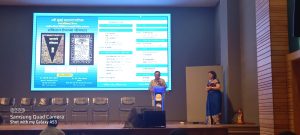
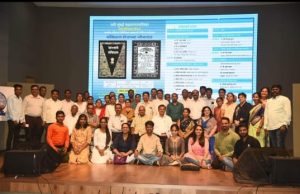
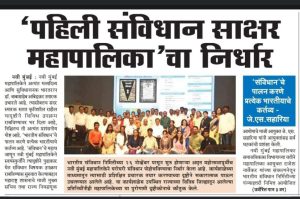
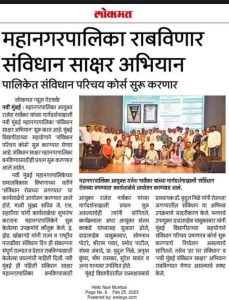
The main objective of this workshop was to gather and organize innovative experiences implemented by social organizations in Maharashtra aimed at promoting the Constitution, with the goal of establishing Navi Mumbai as the “First Constitution Literate Municipal Corporation.
The workshop successfully raised awareness of constitutional values among officials of the Navi Mumbai Municipal Corporation (NMMC) and representatives from various stakeholders and organizations, with a total of 70 participants in attendance. Deputy Commissioner of the Social Development Department, Hon. Dadasaheb Chabukswar, announced plans for NMMC to collaborate with Mumbai University in launching the ‘Constitution Introduction Certificate Course’ in the first phase.
He emphasized the course’s utility for individuals ranging from college youth to senior citizens, and outlined plans for monthly programs at the memorial, including discussions, seminars, and book reviews focused on the Constitution.
Savitree Gram Initiatives for Localizing SDG 3 or SDG 5 with SAHAJ
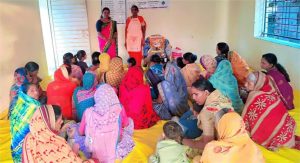
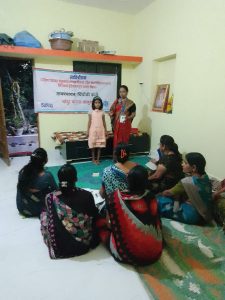
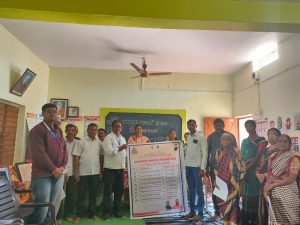
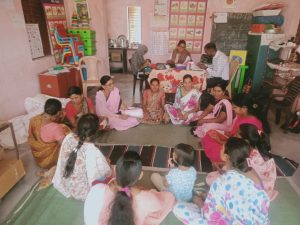
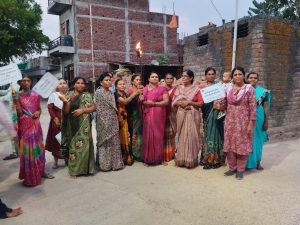
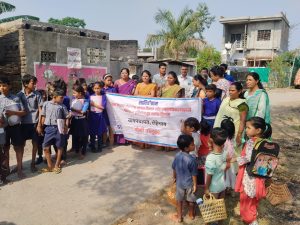
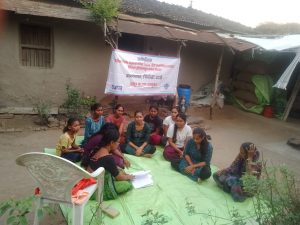
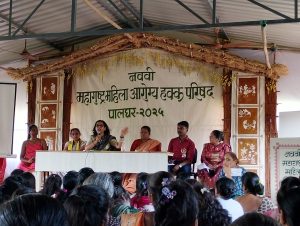
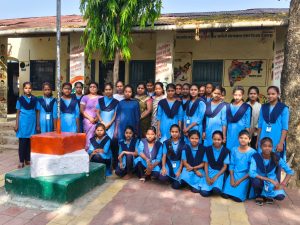
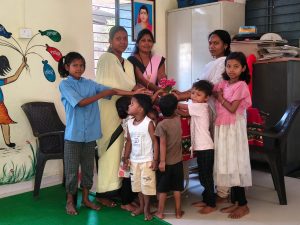
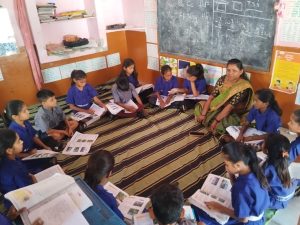
In 6 Gram Panchayats of Amravati district, the Savitree Gram Project brought together Elected Women Representatives (EWRs), ASHAs, and ANMs to improve women’s and girls’ health.
Through 68 dialogues, the team reached over 1,260 adolescent girls, 248 women, and 57 VHNSC members, creating awareness about reproductive health and how to prevent anaemia.
This project also showed how EWRs can help achieve SDG 3 – Good Health and SDG 5 – Gender Equality at the village level.
RSCD's Core Initiatives:
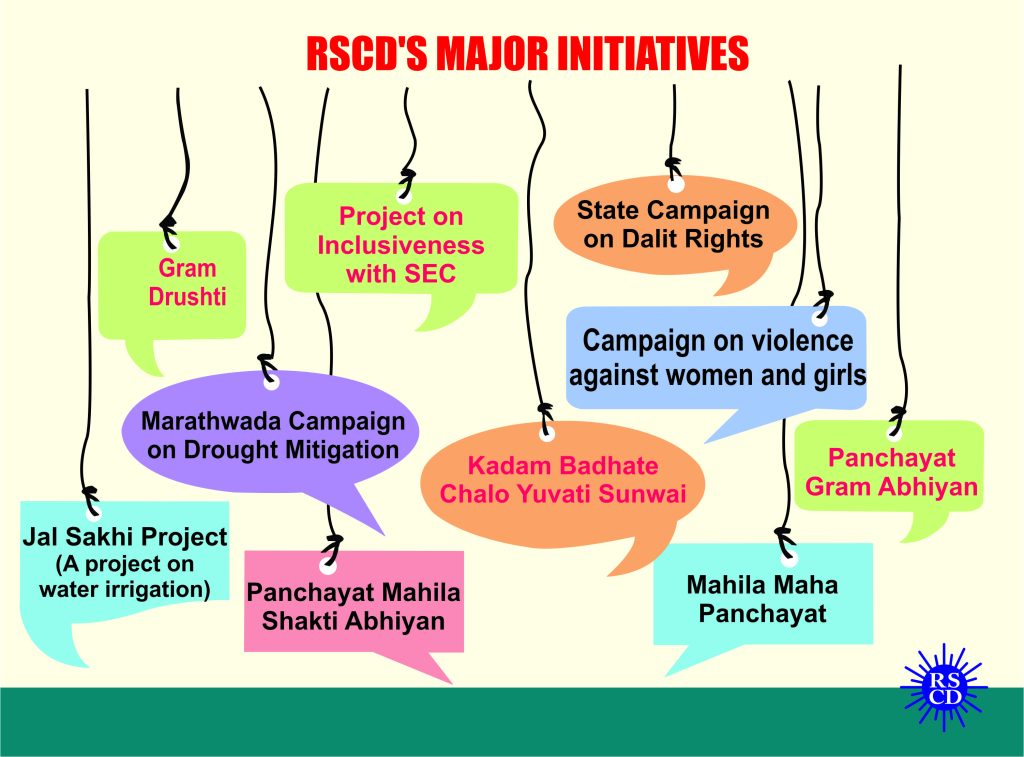
- Gram Drushti with UNICEF, India
- Project on inclusiveness with SECM
- State campaign on Dalit Rights
- Marathwada campaign on drought mitigation
- Campaign on violence against girls and women
- Kadam Badhate Chalo Yuvati sunwai
- Panchayat gram abhiyan
- Jai Sakhi project (a project on water irrigation)
- Panchayat mahila shakti abhiyan
- Mahila maha panchayat
